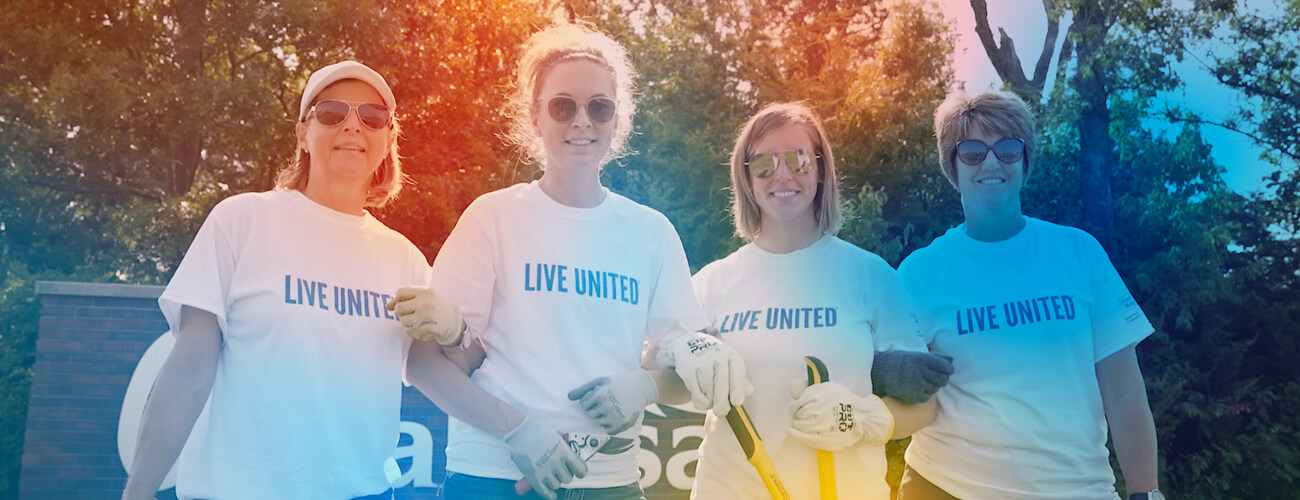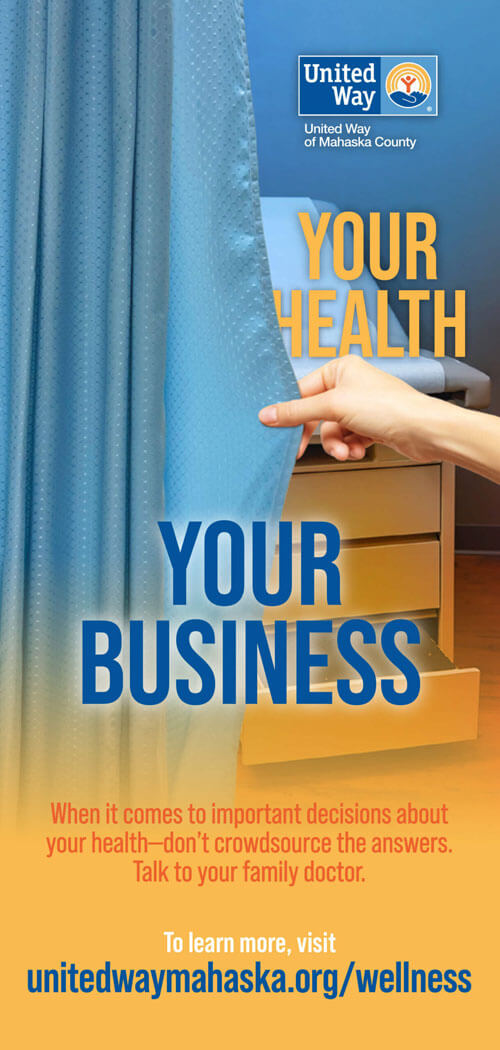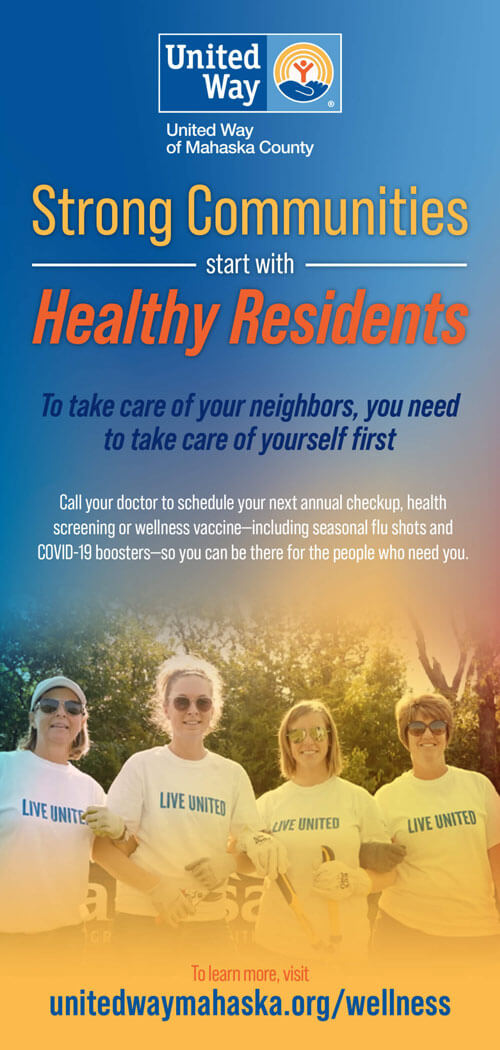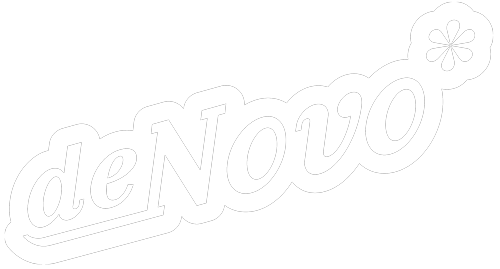Our Approach
Previous experience working with public health departments during the pandemic taught us a few key lessons that helped us build a campaign rooted in empathy and respect.
Additionally, research told us that residents in our targeted communities took pride in living in a small town with strong social connections and family history. They also placed a high value on personal liberty and freedom of choice. To appeal to these core values, we developed two campaigns that included messages emphasizing personal choice and privacy and that drew upon small-town nostalgia.
Recognizing that facts and statistics alone would not change minds, we worked to encourage residents to build strong relationships with their healthcare providers. We also emphasized that small communities need healthy residents in order to thrive and that vaccines are an important tool for keeping everyone healthy.
The Creative
When it came to the COVID-19 vaccine, our residents wanted to decide for themselves whether or not to get the vaccine when the time was right—not by mandate, fear or intimidation. As the pandemic continued, undecided residents began to feel outnumbered by vocal skeptics and increasingly pressured to forgo vaccination.
At the same time, they were being inundated with ads that used guilt and shame to pressure them into getting vaccinated. Once again, residents felt like they had little say in such a personal conversation.
To give our audience a break from the peer pressure on both sides, we reminded them of their personal agency in a set of static and video ads that ran online and in local print publications. These ads encouraged them to make their health decisions in private with the guidance of their family physician who could help dispel myths in a one-on-one conversation.
Our message wasn’t “go get the vaccine because we know what’s good for you”—it was “when it comes to your health, you know best.” By telling our audience that we trusted them to make their own decisions, we reached people who would have otherwise shut the conversation down at the first mention of COVID. Coupled with messaging that reminded people to schedule their annual check-ups, we were able to get people into the doctor’s office with an open mind receptive to their doctor’s recommendations.
Knowing that our audience was proud to be from a small town, we captured b-roll for video and static ads that showcased the parts of their community that meant the most to them. We wanted to remind them how they are connected to one another and stress the importance that each of us plays in our community’s success. It ends with a direct message to the audience:
“Talk to your doctor to learn how annual checkups, health screenings and wellness vaccines can help you be there for the people who need you. Because a strong community starts with a healthy support system…And a healthy you.”
We timed out production to coincide with United Way of Mahaska County’s Day of Caring event, which allowed us to capture real footage of residents working together to improve their community.
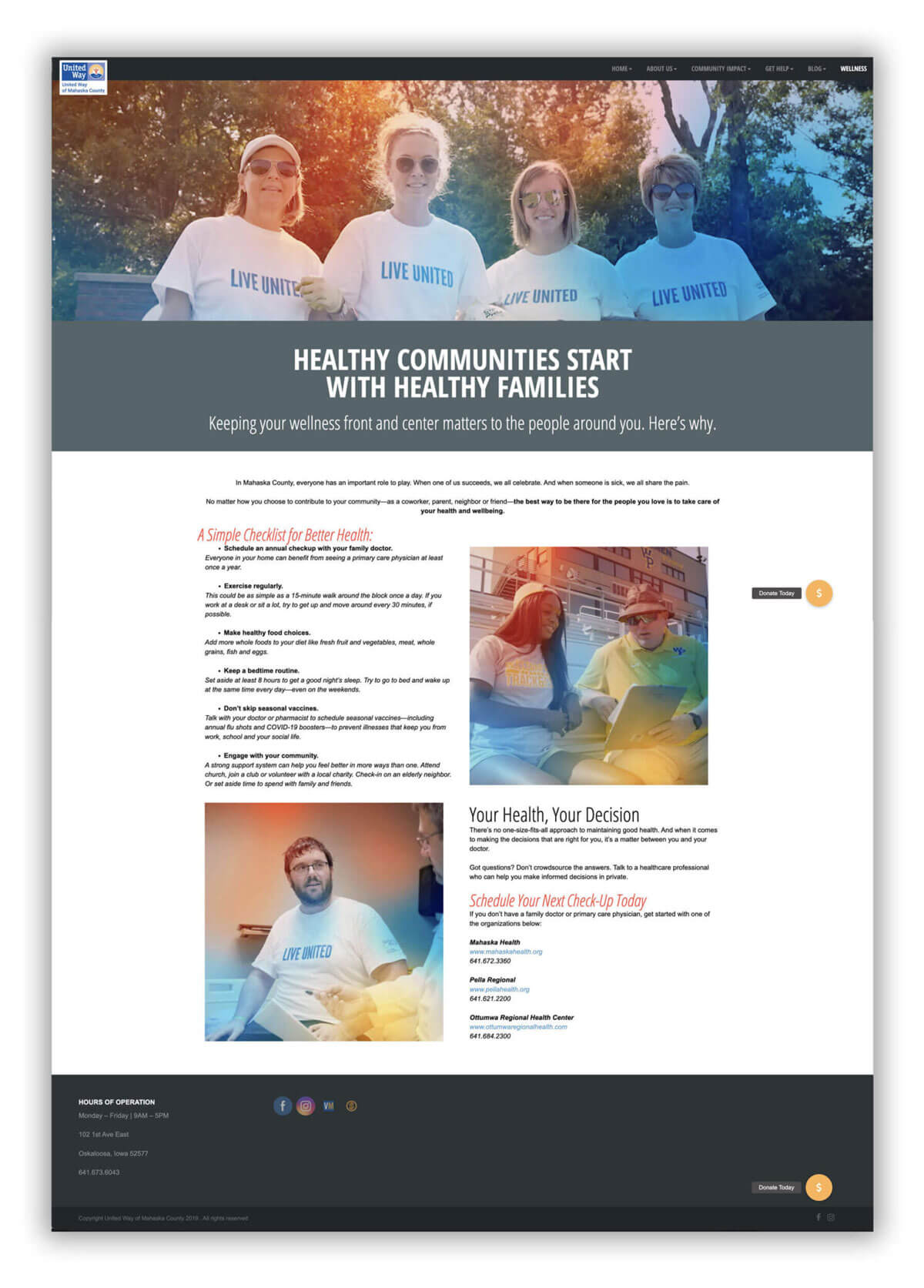
The Results
Since a tenant of this campaign was privacy when making healthcare decisions and because we focused on COVID vaccines as part of overall wellness, we don’t have data on how many people received vaccines directly after the campaign.
The campaign was in market for two months in the late fall, just as COVID was expected to spike again. In a county of just under 22,000 people, the campaign generated more than 788,000 impressions, resulting in 4,600 clicks to a campaign-specific landing page that offered additional information, contact information for local providers, and a link to find the COVID-19 vaccine. The average time on the landing page was more than 2 minutes, showing high engagement levels with the content.
